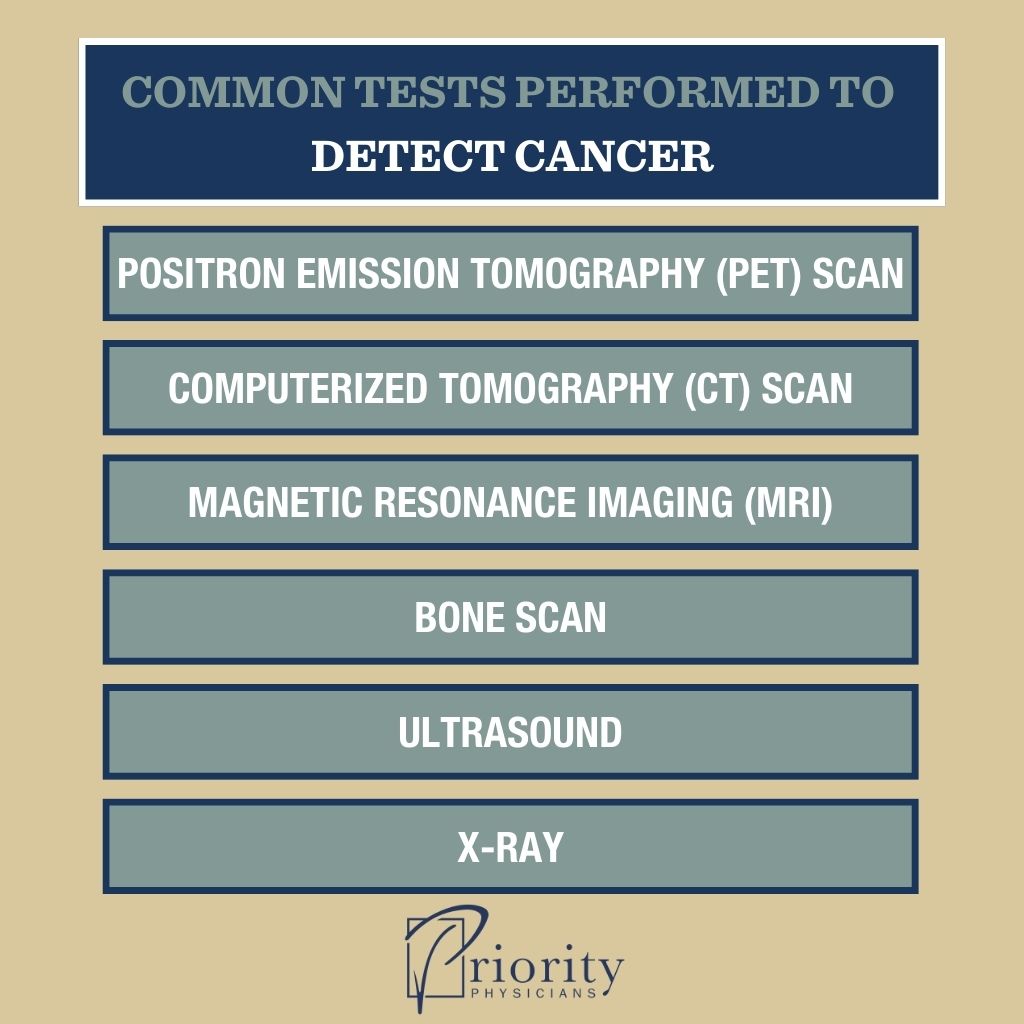Many factors can elevate your risk of cancer.
Smoking is connected to lung cancer, asbestos exposure is linked to mesothelioma (we’ve all seen the commercials!), radiation from X-rays like CT scans can cause cancer, etc. Unfortunately, we don’t have many great cancer treatment options. We’re all going to die of something, and we’re all at risk of developing cancer just by living, because cancer’s biggest risk factor is age.
But even if some cancer risk is inevitable, we need to be intentional about our habits so poor health decisions don’t speed up that timeline. You can’t change your genetic predisposition or your environment, but you can change your lifestyle.
Would you willingly put something in your body on a regular basis that elevates your chances of developing cancer? What about alcohol? Is that glass of red wine as preventive as you thought? Is alcohol linked to cancer? Read on to find out.
Is Alcohol Linked to Cancer?
The Centers for Disease Control and Prevention (CDC) recently classified alcohol as a known carcinogen, or cause of cancer. They note that even very low levels of alcohol consumption — less than one drink per day — increase cancer risk.
The CDC recognizes that most American adults who choose to drink alcohol don’t do it every day. However, because binge drinking increases the risk of alcohol-related harm, their recommendations focus on lowering the average amount of alcohol people drink per occasion.
Of course, this has some flexibility in practice. Just like how one day of unprotected ultraviolet light exposure won’t cause skin cancer, having more than one drink on one day won’t automatically lead to a cancer diagnosis.
But the one-drink recommendation is also dose-dependent — that is, there are multiple factors that contribute to how much of an impact an alcoholic drink will have on your body.
For example, having one drink per week is safer than having one drink per day. Similarly, prevention can be helpful in minimizing the effects of alcohol, like having a filling meal before consuming alcohol and staying hydrated while you drink.
You can also use these tactics to minimize hangover symptoms because they target the root cause of your body’s illness: inflammation.
Alcohol causes inflammation in our bodies. Inflammation is your immune system’s response to an irritant — and in this case, the irritant is a poison. Chronic, ongoing inflammation disrupts and harms your cells, which is heavily linked to cancer.
Think Alcohol Linked to Cancer Won’t Affect You? Think Again
Every day, we’re getting a little bit older. You can’t do in your 40s what you were able to do in your 20s. Your body is a machine, and like any machine, it’ll slow down with continuous age and use. You can withstand some inflammation from drinking in your 20s, but when you’re several decades older, not as much.
As you age, your body becomes less efficient at healing itself, which includes being less efficient at filtering out toxins. Those drinks add up over time, and you need longer to clear the inflammation from your body. While you may have been fine with several drinks a night when you were younger, those habits are unsustainable and unhealthy to continue into older age.
What Screenings Are Important for Regular Drinkers?
To catch early cancer signs, get in touch with your physician as soon as possible to establish a baseline of test results and track future changes. For example, if your kidneys are changing slowly, they could still be in a normal range. But if you’re heading in the wrong direction, it’s easier to reverse that trend if you recognize it sooner rather than later.
You’ll want to stay up to date with all your recommended cancer screenings, like colonoscopies and mammograms. In addition, keep your eyes open for new cancer-screening technologies. GRAIL’s Galleri test is a fantastic screening tool that can detect over 50 types of cancer through a single blood draw.

Alcohol and the Pandemic
So, is alcohol linked to cancer? You’d better believe it — and unfortunately, we as a society haven’t done much to cut back our alcohol intake as of late.
The COVID-19 pandemic generally increased peoples’ alcohol consumption — they were quarantined at home and didn’t have anything else do.
The thing is, everybody increased their alcohol consumption, so the idea of having three or four drinks a night isn’t radical anymore. It’s become a social norm to drink at a higher volume and frequency. And alcohol has become not only acceptable, but it’s also accessible.
We need to get back to that pre-pandemic baseline of drinking. If people really keep their alcohol intake that high, I’m going to have to give a lot more cancer diagnoses down the road.

